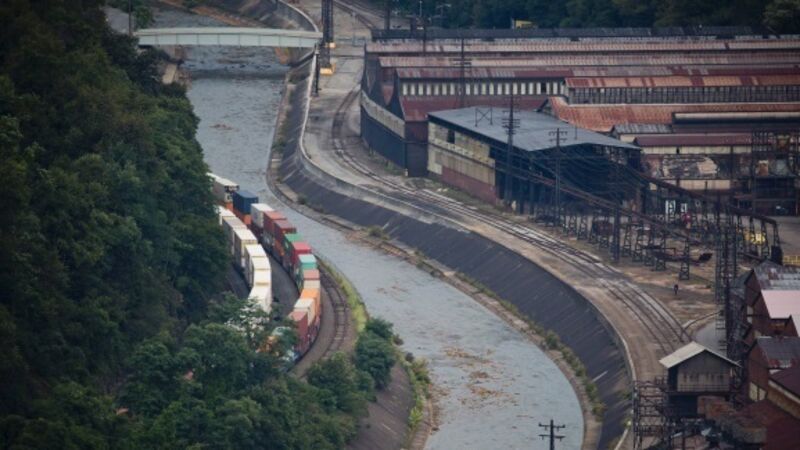Global elite unconcerned with rest of us

W hen things looked like they might get out of hand, the police opened fire, hitting at least 10 of the protesting workers. The firing of rubber bullets just served to escalate the dispute, with thousands more coming out to join the protestors. Twenty-one people, including trade union leaders and a reporter, were arrested.
The protest began over the sacking of 121 workers, but quickly unearthed simmering resentments over pay. The workers were earning about one-fifth of the estimated living wage.












